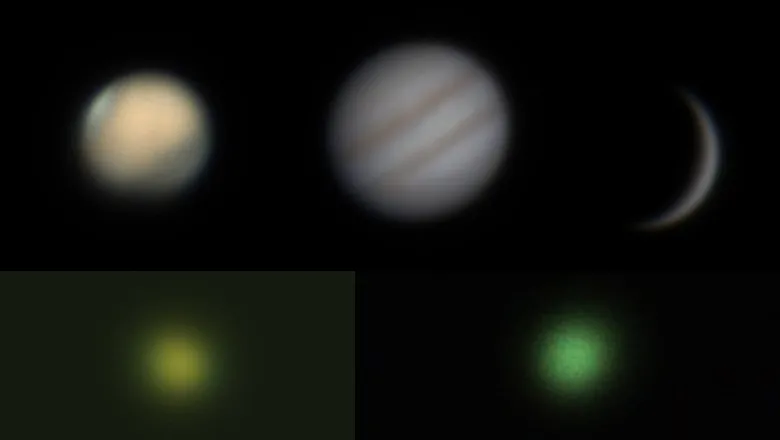Biography
Dr Shyam Balaji is a Postdoctoral Research Fellow in the Department of Physics, King's College London. He is an Australian theoretical physicist researching astroparticle physics and cosmology, and currently resides in London but is originally from Perth in the west coast (best coast) of Australia.
His research is focused around studying the physics of the early universe, identifying dark matter and using Earth and space-based experiments to look for new physics. Currently, he is postdoctoral research fellow at the Theoretical Particle Physics and Cosmology Group (TPPC) of King's College London. His position before this was from end of 2021 to 2023 as a postdoctoral fellow at the Laboratory for Theoretical and High Energy Physics (LPTHE) of Sorbonne University with Professor Joseph Silk. He received his Ph.D. in particle physics from the University of Sydney in 2021.
Outside of scientific topics, he is an avid proponent for direct action approaches to poverty reduction and educational support/mentorship for vulnerable communities. If you're interested in contacting him to find out more about his work, collaboration, mentorship or just want to get in touch, feel free to email him.
Research Interest
Dr Balaji's interests are focused on finding and testing solutions for unanswered fundamental questions about the nature of our universe. This can be broadly categorised as research on:
- beyond the Standard Model theories and phenomenology
- early universe physics
- gravitational waves
- dark matter
- large scale structure formation
- cosmic rays
Publication
Webpage
Research

Theoretical Particle Physics & Cosmology
The research focus of the TPPC Group is on tests of new models of particle physics beyond the Standard Model, including supersymmetry, large extra dimensions and strings.
News
Mysterious phenomenon at centre of galaxy could reveal new kind of dark matter
A mysterious phenomenon at the centre of our galaxy could be the result of a different type of dark matter.

Physicists capture rare 'planetary parade' at King's observatory
Alignment of planets captured from King's observatory at the Strand.

Features
Dark Matter Day
85% of our universe is made up of something unknown. This Dark Matter Day, Dr Balaji explains more about this mystery which has puzzled scientists for...

Equinox and partial solar eclipse
A rare celestial event will take place this weekend, 21-22 September - the unusual pairing of a partial solar eclipse with the Autumn equinox. The equinox...

Dr Balaji on the Perseid meteor shower
Dr Shyam Balaji shares his top tips on viewing the fastest and brightest meteor shower of the year.

Asteroid passing Earth in 2032
The science behind an asteroid causing a stir

Planetary parade lights up the sky
How you can observe the lining up of Mars, Jupiter, Saturn and Venus

Once-in-160,000 year comet explained
Look to the skies for a once-in-160,000 year comet.

Tips for stargazing this December
Tips for stargazing this December

Research

Theoretical Particle Physics & Cosmology
The research focus of the TPPC Group is on tests of new models of particle physics beyond the Standard Model, including supersymmetry, large extra dimensions and strings.
News
Mysterious phenomenon at centre of galaxy could reveal new kind of dark matter
A mysterious phenomenon at the centre of our galaxy could be the result of a different type of dark matter.

Physicists capture rare 'planetary parade' at King's observatory
Alignment of planets captured from King's observatory at the Strand.

Features
Dark Matter Day
85% of our universe is made up of something unknown. This Dark Matter Day, Dr Balaji explains more about this mystery which has puzzled scientists for...

Equinox and partial solar eclipse
A rare celestial event will take place this weekend, 21-22 September - the unusual pairing of a partial solar eclipse with the Autumn equinox. The equinox...

Dr Balaji on the Perseid meteor shower
Dr Shyam Balaji shares his top tips on viewing the fastest and brightest meteor shower of the year.

Asteroid passing Earth in 2032
The science behind an asteroid causing a stir

Planetary parade lights up the sky
How you can observe the lining up of Mars, Jupiter, Saturn and Venus

Once-in-160,000 year comet explained
Look to the skies for a once-in-160,000 year comet.

Tips for stargazing this December
Tips for stargazing this December

